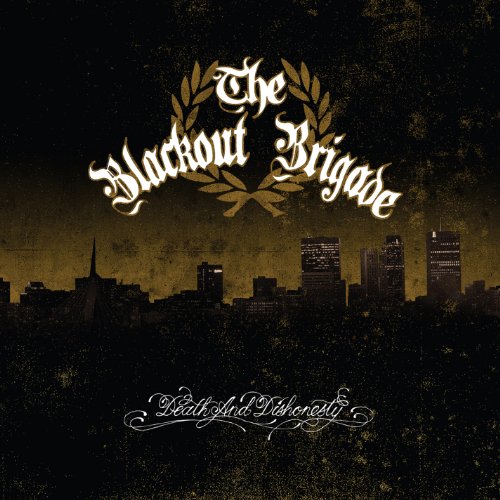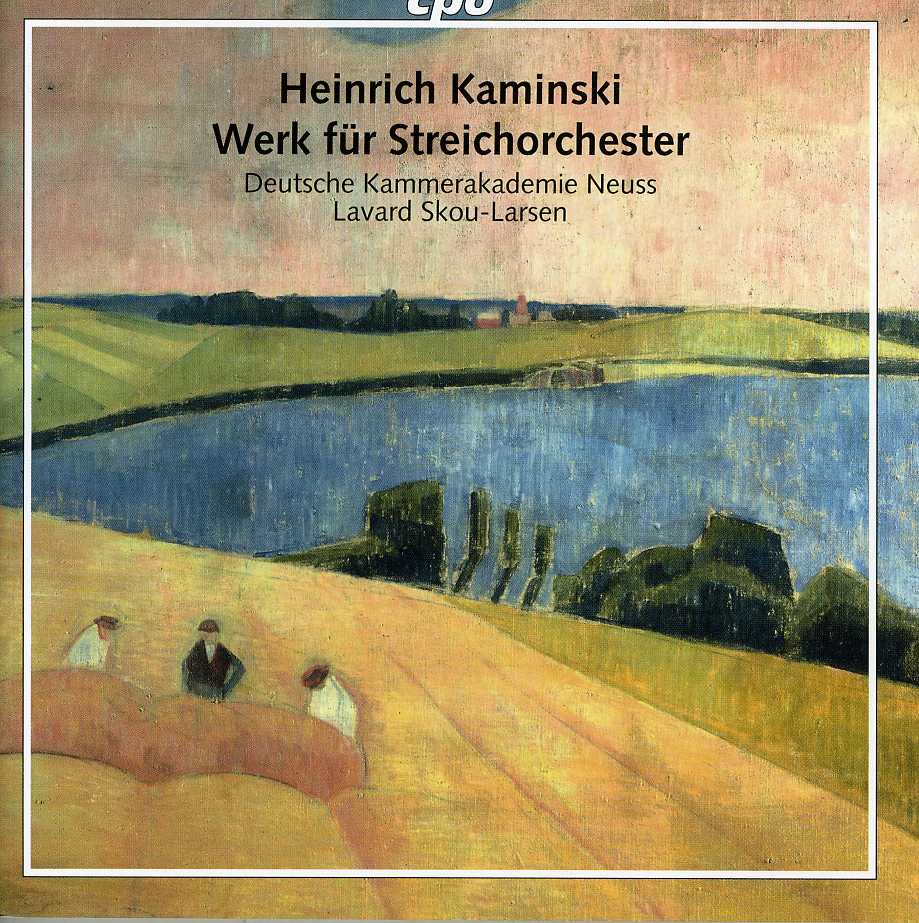
description
ce eternal beatitude, the face-to-face vision of God. And we attain to this happiness through our actions here below. The cardinal virtues are the key to ordering our acts to this end according to correct reasoning. Fortitude and temperance strengthen our will so that we will not succumb to fear or disordered passions. Justice regulates our relations with others. Yet, as all human acts are the fruit of the intellect and will, we need a virtue which directs the others and prevents their excess or defect. This is prudence. Since the goodness and efficacy of our conduct hinge on this virtue, St. Thomas Aquinas calls it the most necessary virtue in human life. Without prudence, fortitude can lead to foolhardiness, justice to severity, temperance to excessive austerity, and even charity can be misdirected: despite our intentions, the purpose of our actions can be vitiated, and we will do evil instead of good. Today as perhaps never before, even among Christians, including Catholics in positions of authority, actions divorced from any rational moral end give rise to a state of disorder in the human person and society. Consequences include individuals ruled by their passions, the lack of social connections, unbridled capitalism, the totalitarian state, and the unchallenged reign of technology. All this is due to the neglect of prudence, in political leaders and among those in the community, which then becomes a "dis-society."The Belgian philosopher Marcel De Corte, one of the foremost Thomists of the twentieth century, tirelessly labored to address these issues, which he saw as born from the French Revolution and the industrial revolution, basing his analyses on Aristotle and the Angelic Doctor. With the vision of a prophet, he foresaw the coming collapse of a social order in which the natural condition of the human person is disrespected. His prognosis for the future, however, is not without hope.
member goods
No member items were found under this heading.
Return Policy
All sales are final
Shipping
No special shipping considerations available.
Shipping fees determined at checkout.







